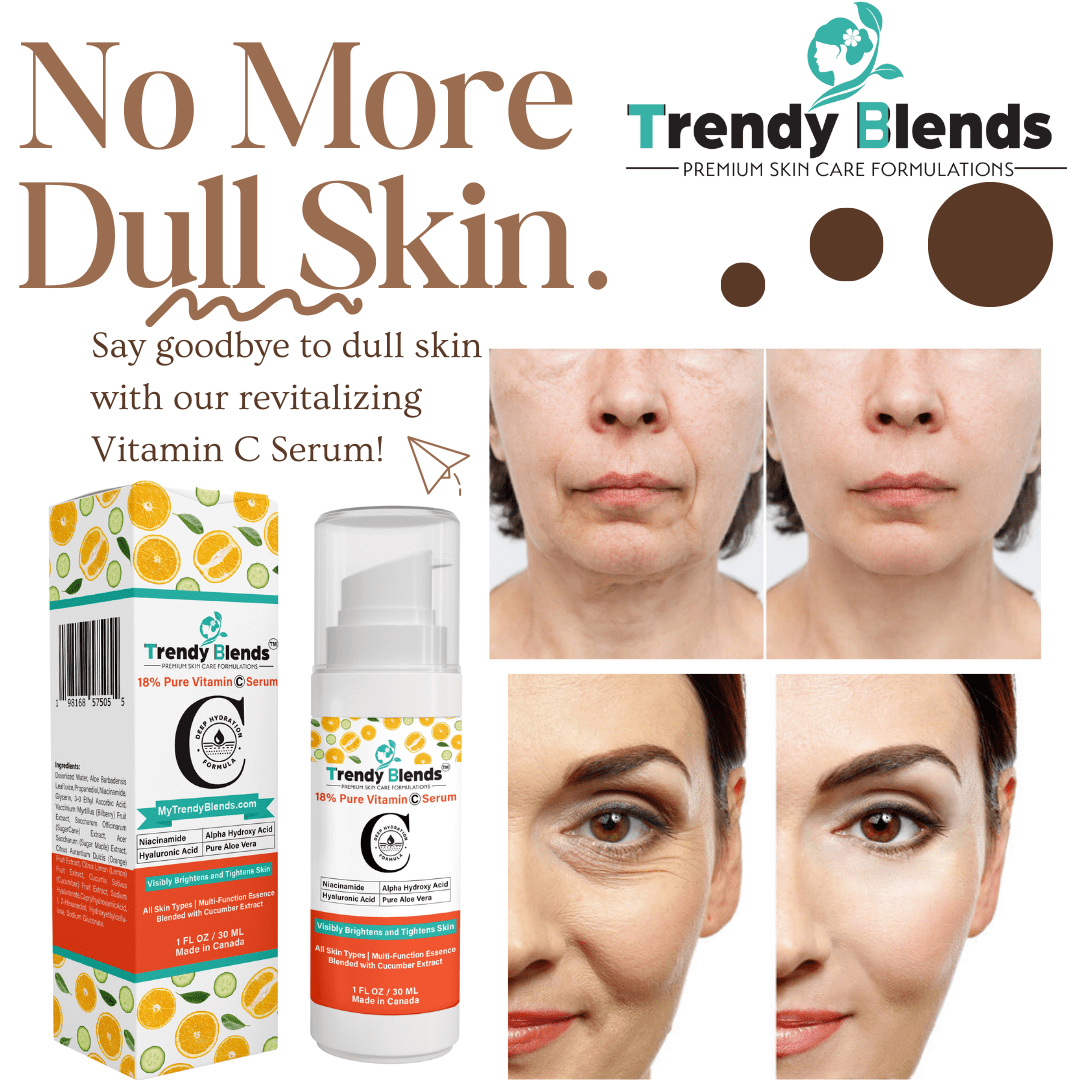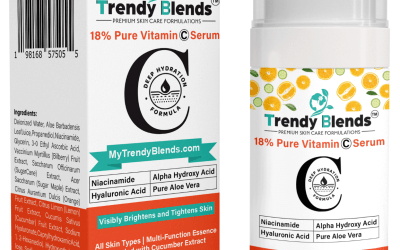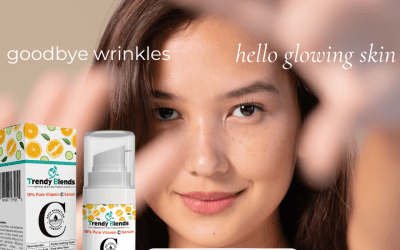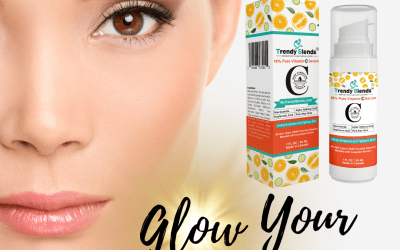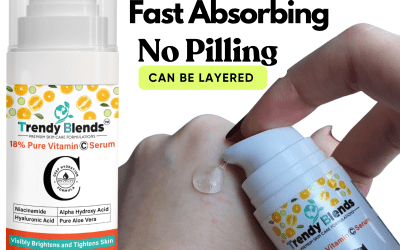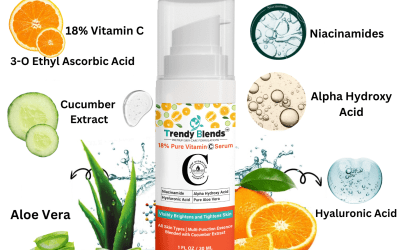When Should I Start Using Anti-Aging Skincare Products?
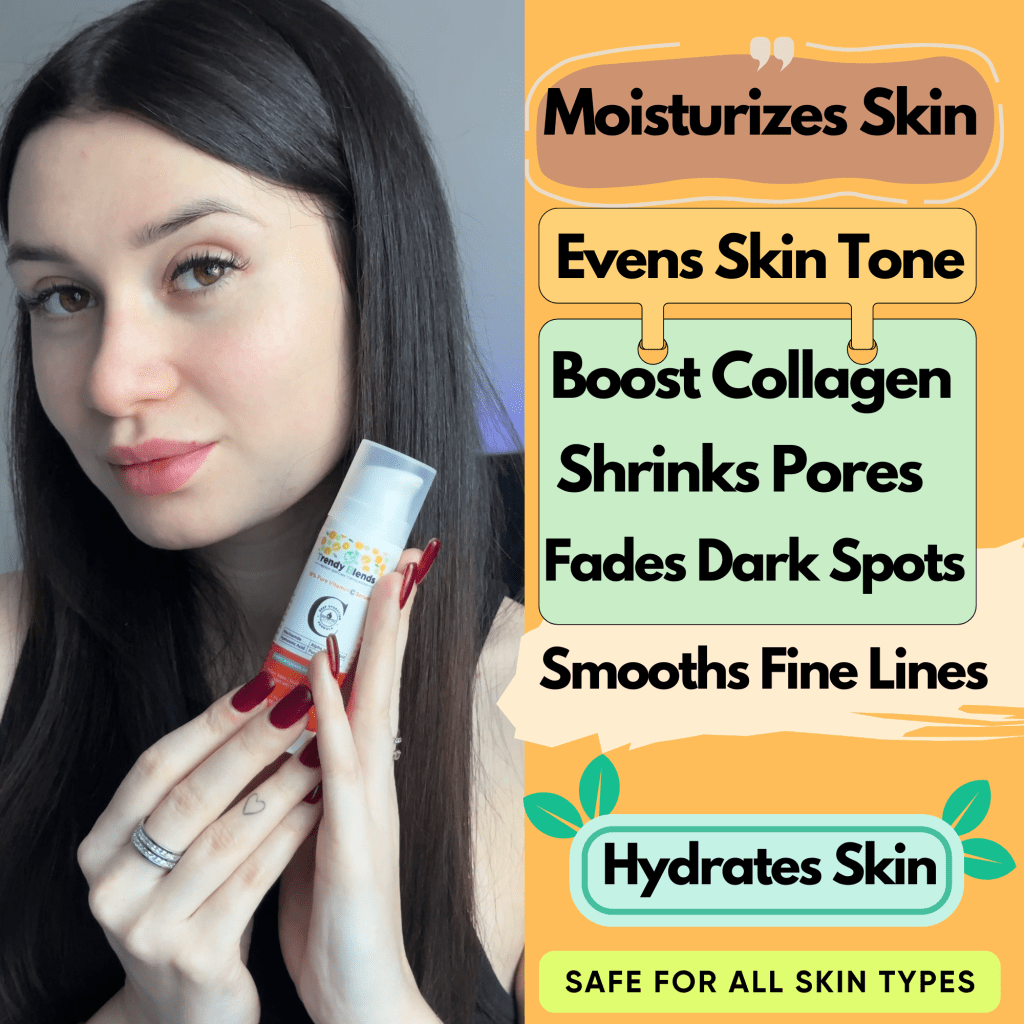
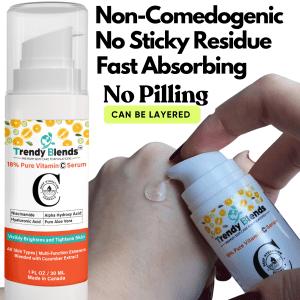 As the quest for youthful skin continues, many individuals find themselves asking the crucial question: “When should I start using anti-aging skincare products?” With the ever-growing market of skincare solutions, it can be overwhelming to determine the right time to incorporate these products into one’s daily routine. One such product that has gained significant attention is Vitamin C serum, renowned for its transformative properties. This article will explore the timeline for starting anti-aging skincare, the role of Vitamin C serum, and tips to achieve the best results for youthful, radiant skin.
As the quest for youthful skin continues, many individuals find themselves asking the crucial question: “When should I start using anti-aging skincare products?” With the ever-growing market of skincare solutions, it can be overwhelming to determine the right time to incorporate these products into one’s daily routine. One such product that has gained significant attention is Vitamin C serum, renowned for its transformative properties. This article will explore the timeline for starting anti-aging skincare, the role of Vitamin C serum, and tips to achieve the best results for youthful, radiant skin.
Understanding Anti-Aging Skincare
Anti-aging skincare products include a diverse range of items designed to slow down the visible effects of aging on the skin. Ingredients such as retinol, hyaluronic acid, peptides, and antioxidants like Vitamin C are commonly found in these formulations and have been shown to improve skin texture, reduce fine lines, and promote overall skin health.
When to Begin
Dermatologists often recommend that individuals start incorporating anti-aging products into their skincare routine in their mid-20s to early 30s. At this stage, the skin begins to lose collagen and elasticity, leading to the initial signs of aging. However, individuals may vary in their skin concerns, and it’s essential to consider the following factors:
| Age Range | Skin Type | Recommended Products | Notes |
|---|---|---|---|
| 20s | Oily/Dry | Lightweight moisturizers, sunscreen | Focus on hydration and protection. |
| Late 20s | Combination | Vitamin C serum, basic anti-aging creams | Preventative measures to maintain elasticity. |
| 30s | All Skin Types | Retinol, advanced serums, hyaluronic acid | Address fine lines and boost skin renewal. |
| 40s+ | Mature | Richer creams, eye creams, exfoliants | Focus on deep hydration and repair. |
Early Intervention: The Role of Vitamin C Serum
Vitamin C serum has transcended skincare trends due to its notable benefits. In fact, as noted by dermatologists and skincare experts:
“Vitamin C is an essential antioxidant that protects the skin against damage from UV rays and pollution, while also stimulating collagen production.”
Incorporating a Vitamin C serum into your skincare routine as early as your late 20s can be beneficial. Here’s why it’s an essential addition:
- Protection Against Environmental Damage: Vitamin C acts as a shield for the skin, combatting oxidative stress caused by free radicals and UV exposure.
- Collagen Production: By boosting collagen, Vitamin C helps maintain skin firmness and elasticity, essential for a youthful appearance.
- Brightening Effect: Regular use of Vitamin C serum can lead to a more even skin tone and reduce the appearance of dark spots, giving the skin a healthy glow.
- Enhancing Sun Protection: While not a substitute for sunscreen, Vitamin C can enhance the effectiveness of your SPF, thus offering additional protection to your skin.
How to Incorporate Anti-Aging Products
- Introduce Gradually: Begin by incorporating one product at a time. Start with Vitamin C serum in the morning and a moisturizer with SPF as your foundational routine. After your skin adjusts, consider adding retinol or other anti-aging products.
- Patch Test: Always perform a patch test before introducing new products to your regimen. This will help you avoid any adverse reactions.
- Moisturize: Alongside using serums, maintaining hydration is important during the anti-aging journey. Look for moisturizers with ingredients like hyaluronic acid to plump and hydrate the skin.
Recognizing Skin Changes
Awareness of your skin’s needs is crucial as you navigate through aging. Signs that may indicate the right time to start using anti-aging products include:
- Appearance of fine lines and wrinkles
- Thinning skin or loss of firmness
- Dull complexion or uneven skin tone
- Increased dryness or rough texture
Additional Considerations
- Sun Protection is Key: Regardless of age, daily application of broad-spectrum sunscreen is vital. UV damage significantly accelerates the aging process; hence, protection is a non-negotiable part of any skincare routine.
- Lifestyle Factors: A healthy lifestyle greatly influences skin health. A balanced diet, adequate hydration, and consistent sleep patterns can support your anti-aging efforts.
- Professional Consultations: For those with specific skin concerns or conditions, consulting a dermatologist is beneficial. They can provide personalized recommendations based on individual skin types and needs.
FAQs
Q: Can I start using anti-aging products in my teens?
A: While significant anti-aging concerns typically arise in the mid-20s, teens can benefit from preventative measures like sun protection and basic moisturization.
Q: How often should I use Vitamin C serum?
A: Vitamin C serum can generally be used daily, typically applied in the morning after cleansing and before moisturizer and sunscreen.
Q: Will using too many products at once harm my skin?
A: Yes, layering too many products can overwhelm the skin and lead to irritation. It’s recommended to introduce products slowly and monitor how your skin responds.
Q: Are there any side effects of using retinol?
A: Some individuals may experience dryness, redness, or peeling when using retinol. It’s crucial to start with a lower concentration and gradually increase usage.
Conclusion
In conclusion, the journey to youthful skin begins earlier than many might expect. Starting a routine that includes anti-aging products, particularly Vitamin C serum, in your late 20s to early 30s can pave the way for achieving radiant, healthy skin. By understanding individual skin needs, adopting protective measures, and consulting with professionals when necessary, individuals can enjoy the benefits of a well-rounded anti-aging skincare regimen. With the right approach, achieving and maintaining youthful skin becomes an attainable goal for everyone.
